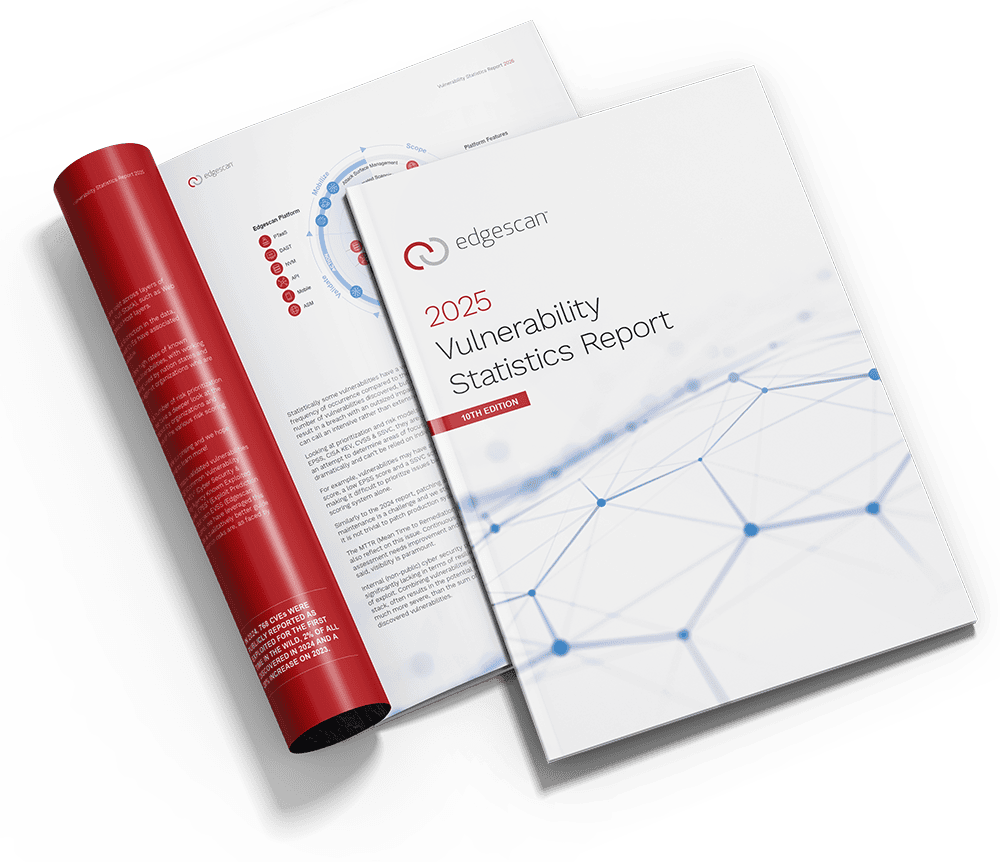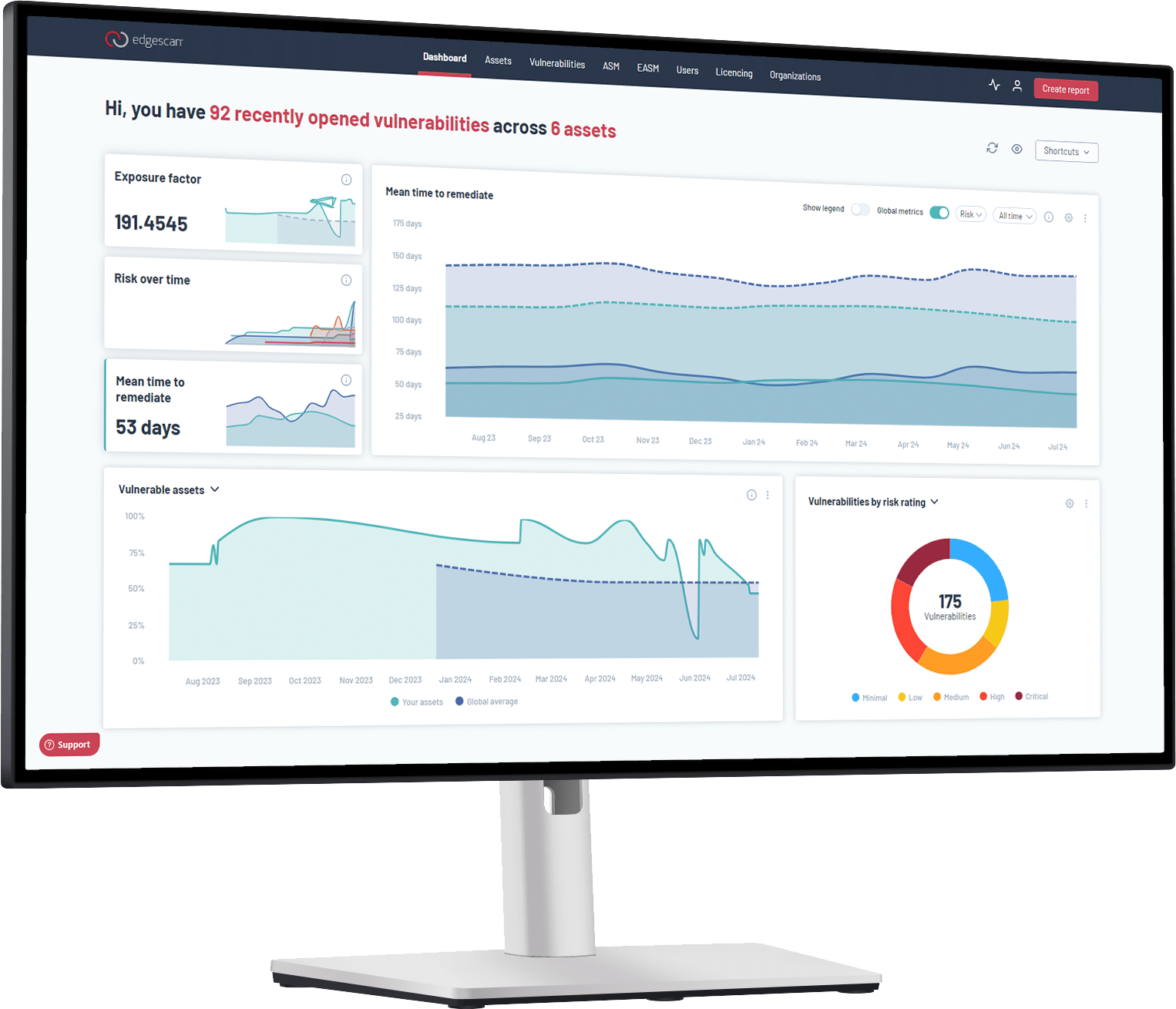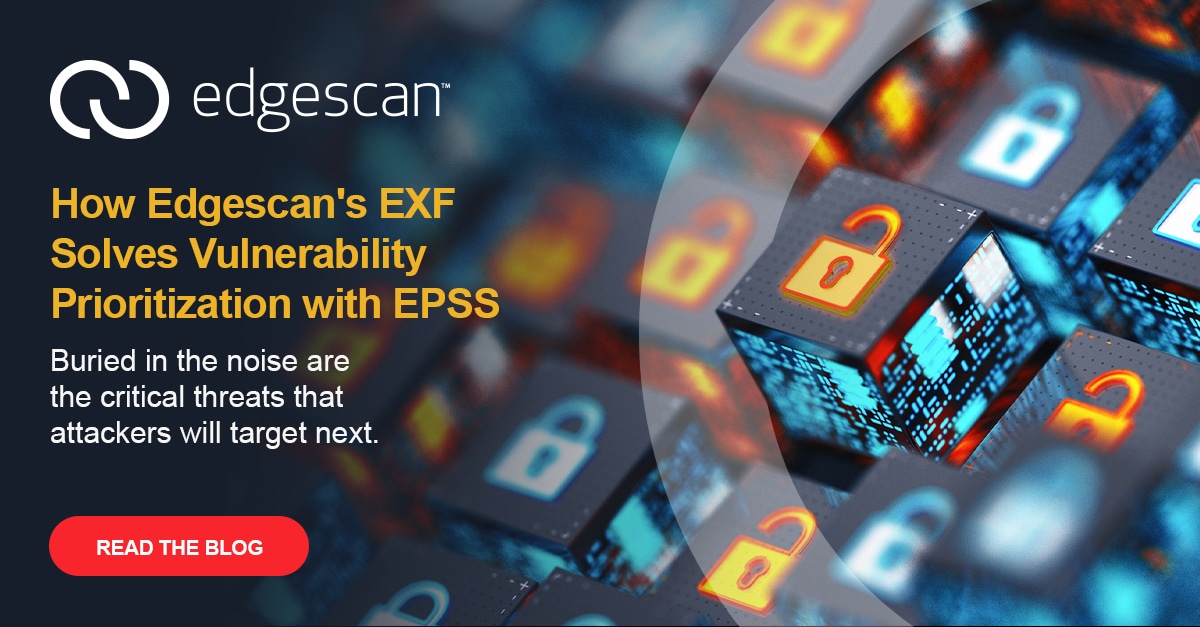To become a doctor we need a medical degree, to become a lawyer we need to study law. But what about becoming a cybersecurity expert? IT Security is a relatively new sector and, despite the technical nature of the job, it welcomes people from all walks of life and with all sorts of academic and professional backgrounds. All it takes is passion, determination, and a lot of common sense.
Edgescan’s very own Dearbhail Kirwan has outlined the key steps that are necessary to become a cybersecurity expert and explains why there is no right or wrong route into this wonderfully fulfilling profession.
- Don’t expect to know everything, but build a solid knowledge of the basics
Theoretically, an expert should know about every technology, how to protect it, and how it can be abused or broken.
This is an unrealistic expectation to have; instead, the ability to combine existing knowledge with new information is what defines an expert. Learning the fundamentals and taking an interest in staying up to date with industry trends is a great place to start, and a strong understanding of the underlying concepts will certainly help when dealing with a new technology.
- Remain hungry for knowledge
Much like a doctor will need to attend conferences and learn about advancement in their field, cybersecurity experts need to stay on top of new technologies and continuously update their knowledge of attackers’ tactics. Learning is a part of the job, and a proactive and interested approach will serve you well in this respect.
- Don’t rush it
Exposure and practice in a variety of areas will help you figure out which area of cybersecurity interests you the most. From the outside, cybersecurity is homogeneous, but the roles within an IT security function vary dramatically. There are some things that can’t be learnt from books, which is why experience can be extremely valuable to help you gain skills and choose a speciality.
- Training and Certifications
There is a wide array of cybersecurity certifications available, which can set you apart in many circumstances. The best certifications to get can change over time and differ depending on each individual’s interests and goals. Research the areas you want to work in and what the most valued certifications for that area are. If you do not have a specific area that you are interested in, or do not have any existing relevant qualifications such as a degree, start with a general entry level cybersecurity certification.
We hope this guide helped you get an idea of what it takes to become a cybersecurity expert. What remains the most important quality to have, however, is common sense. Cybersecurity has to do with software vulnerabilities, logs, alerts and sophisticated pieces of malware, but more than anything else it has to do with people. It’s important to have the underlying knowledge of the technology to protect, but it’s equally important to know how to communicate effectively and to be able to prioritise what needs to be addressed first. And – when in doubt – just ask! Cybersecurity is a welcoming industry made of great people that will be more than happy to provide any guidance throughout your journey to become an expert.
By Dearbhail Kirwan, Information Security Consultant at Edgescan
Step into Cybersecurity with PTaaS
We believe hands-on experience is key to mastering cybersecurity. That’s why our Penetration Testing as a Service (PTaaS) gives you the tools and insights to uncover vulnerabilities and learn real-world security practices. With locations in Dublin and New York, we support aspiring cybersecurity professionals globally.






